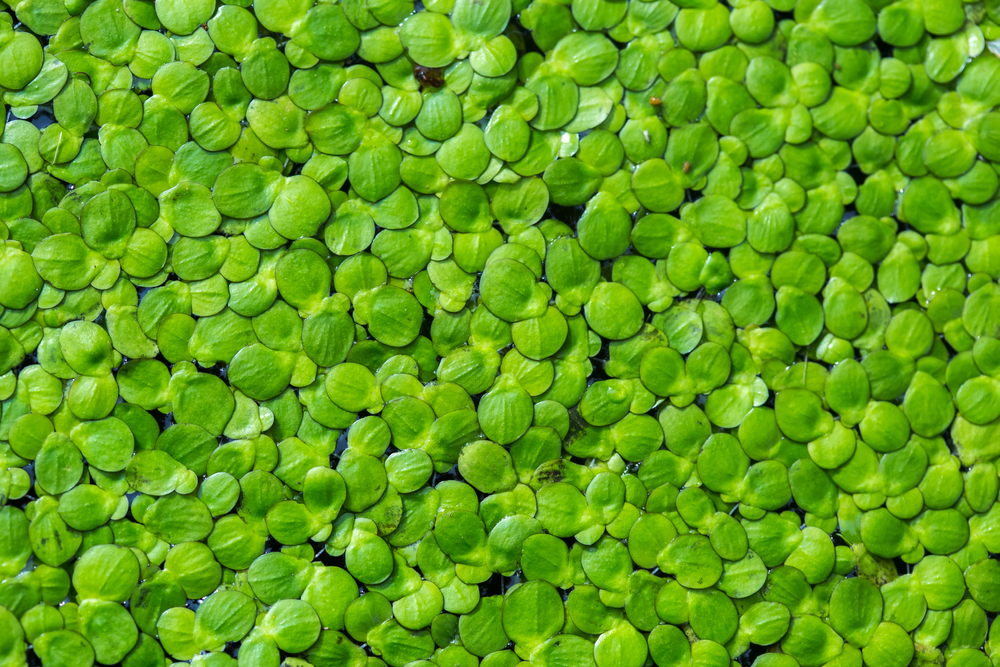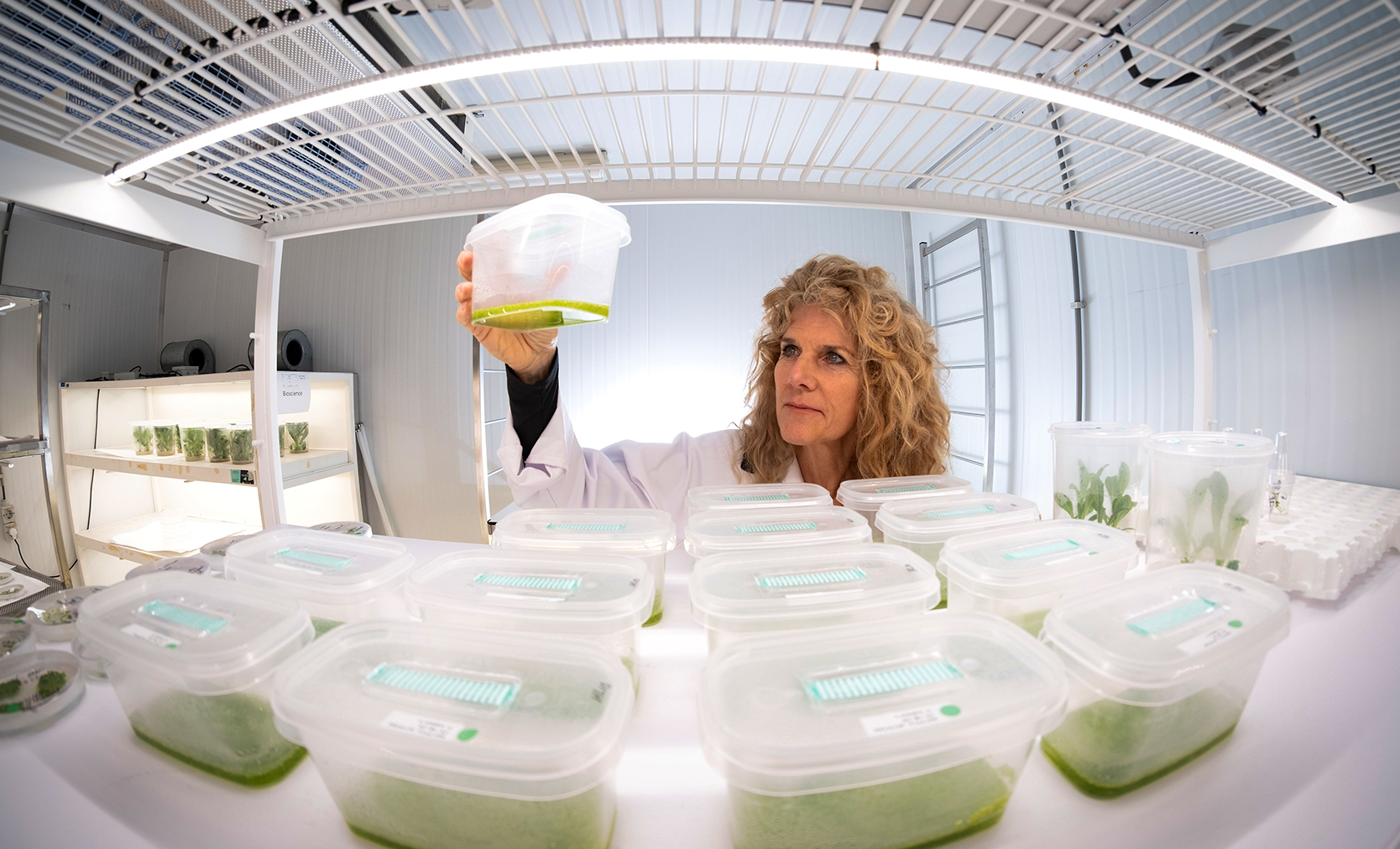With a signature from the European Commission, duckweed was included in the European legislature last week. This means it may be produced in the European Union and consumed by humans as a fresh vegetable.
A milestone for researcher Ingrid van der Meer and her team, who jumped through quite a few hoops to arrive at this point. Following years of preparatory research, the scientist submitted a novel food request to the European Food Safety Authority EFSA on behalf of Wageningen Plant Research. Van der Meer: ‘Food products and crops that were not eaten extensively in Europe before 1997 are considered novel food within EU legislation. Strict regulations apply to the production and sale of such a crop.’
Signature
Van der Meer told Resource that the finish line was in sight a few months ago. ‘Last July, we were told that duckweed is considered safe if everything meets the levels and specifications we demonstrated.’ From that point on, all that remained was waiting for the signature.
At the end of January, I emailed my EFSA contact person to inquire how long we were expected to wait. She replied that it was due any moment now, and, sure enough, a few days later, I received the official documents in my mailbox. Sadly, there was no nice signature on the document, but it was signed with Ursula von der Leyen’s name.’
Tasting
Growers in the project are interested in continuing the development of duckweed, Van der Meer states, ‘They are connected to luxury restaurants, such as Michelin Star restaurant De Librije. Our duckweed may well find its way to the menu there this year.’
Will we be able to sample duckweed on campus? ‘I was a little wary of allowing people to taste the duckweed because official approval was pending. Now that we have it, I see opportunities. Not through the campus catering, but we could always grow some extra for WUR events or activities!’

 The European Union will now allow the large-scale production and consumption of duckweed. Photo Shutterstock
The European Union will now allow the large-scale production and consumption of duckweed. Photo Shutterstock 